Brian Choi, Bio-application scientist
For more information, please contact app@parksystems.com
Data Reference: Dr. Futwan, King Faisal Specialist Hospital and research center
Scanning ion conductance microscopy (SICM) offers myriad opportunities to discover new facts of cell physiology. SICM imaging of fat cells is a good example that exemplifies the value of SICM for cell research. Here, an SICM image shows numerous nanoscale features in detail on the membrane of differentiated and pre-differentiated fat cells. SICM can identify which membrane structures are involved in cellular functions and elucidate specific molecule reaction pathways of the fat cell membrane.
- Detect the surface morphology difference between differentiated and pre-differentiated fat cells
- Observe small biomolecule features on cell membrane surfaces in high resolution (approx. 50nm)
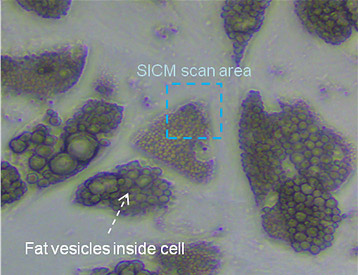 Inverted Optical Microscope
Inverted Optical Microscope
In this experiment, an SICM image was taken at the position where pre-differentiated and differentiated fat cell grow together. In the optical view, the color of a differentiated cell is distinctly darker than a pre-differentiated cell since the differentiated cell contains a large number of fat vesicles inside. In the SICM image, however, such deep color differences are not found because the information SICM offers is of the surface morphology of cells. SICM measurement makes possible discoveries such as small pits, suspect mitochondria features (approx. one micrometer long), and cytosekeletal polymers on the cell membrane. With its high-resolution cell surface imaging capability, SICM offers a totally different approach to microscopic cell biology.
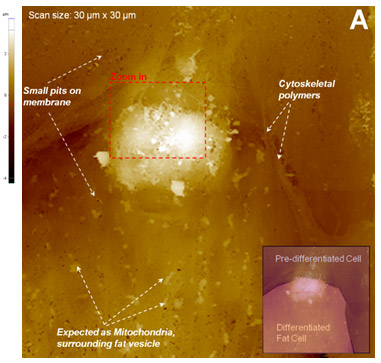 Fat Cell Surface Image, SICM
Fat Cell Surface Image, SICM
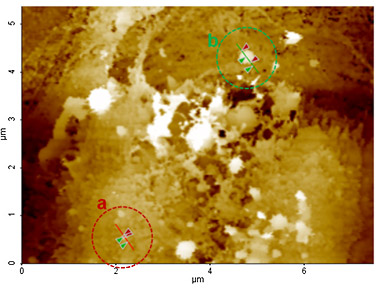
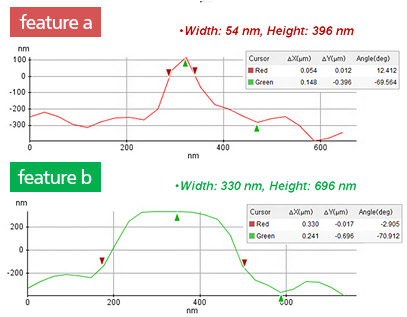 Surface Morphology Analysis
Surface Morphology Analysis
Park Cell Analysis Systems
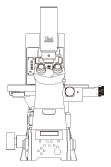
|

|

|
|
| Park NX12-Bio | Park NX10 | Park XE7 | |
| Scanning Ion Conductance Microscopy (SICM) | |||
| Atomic Force Microscopy (AFM) with liquid probe hand | |||
| Inverted Optical Microscopy (IOM) | |||
| Live Cell Chamber |

